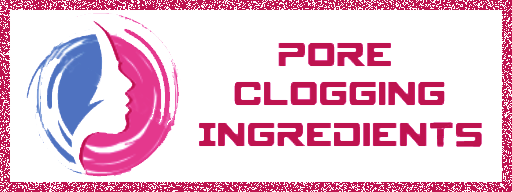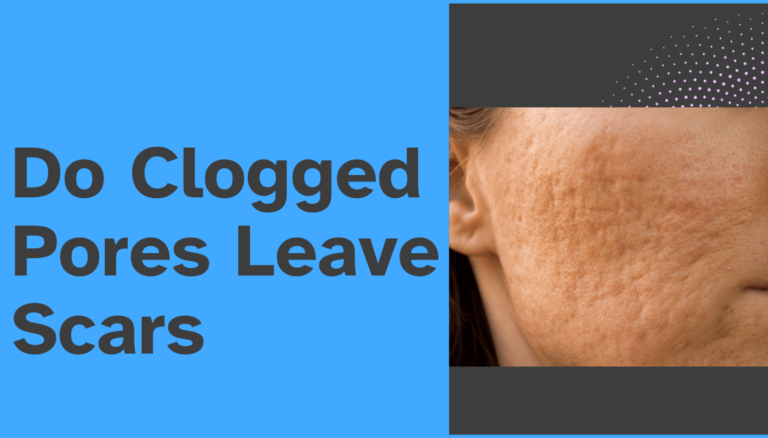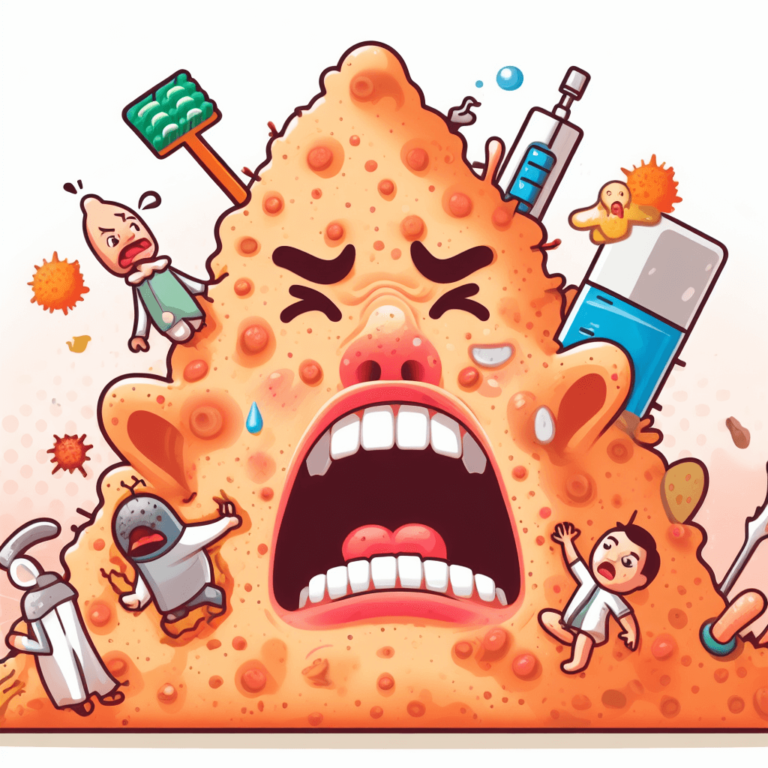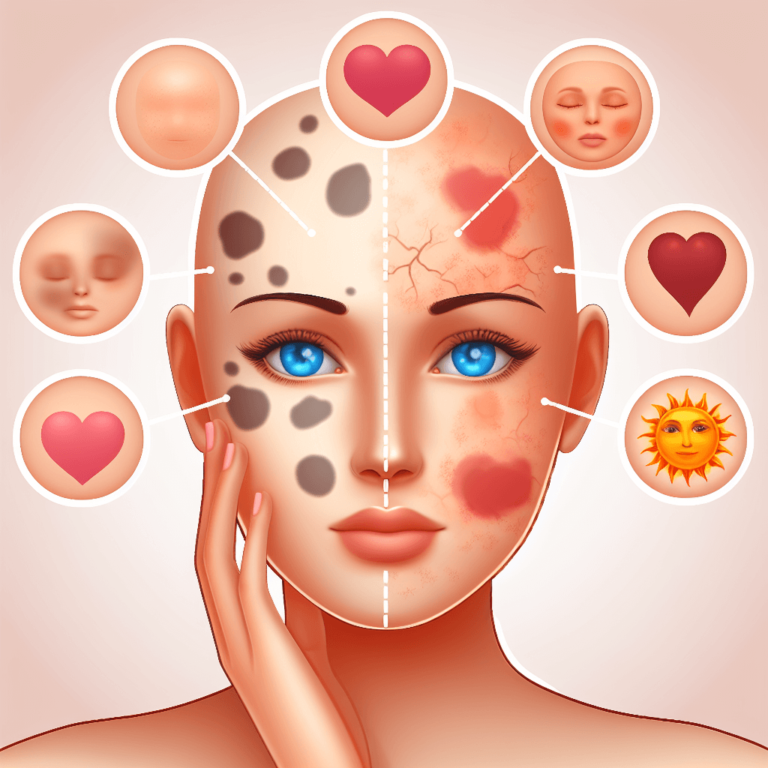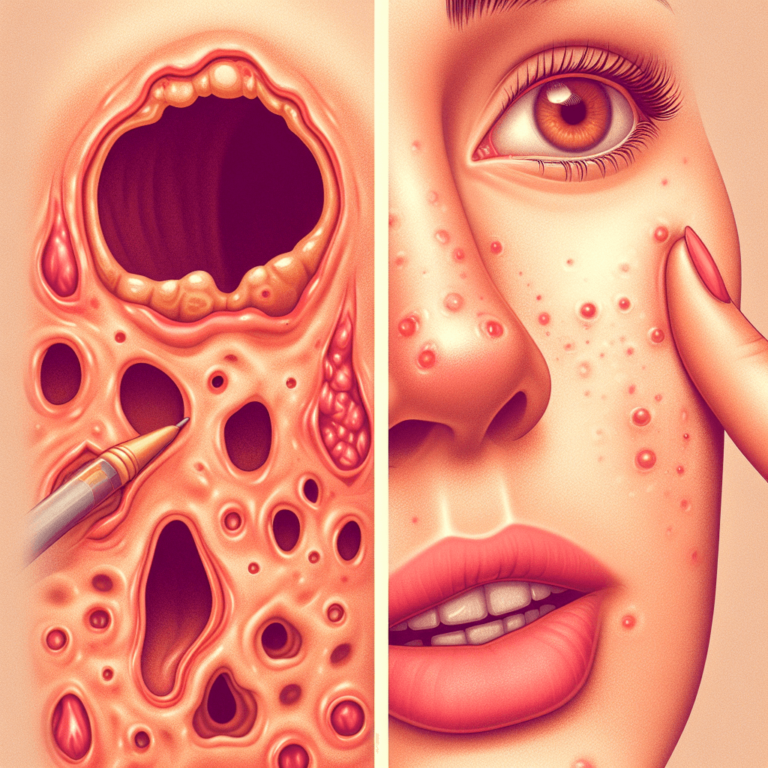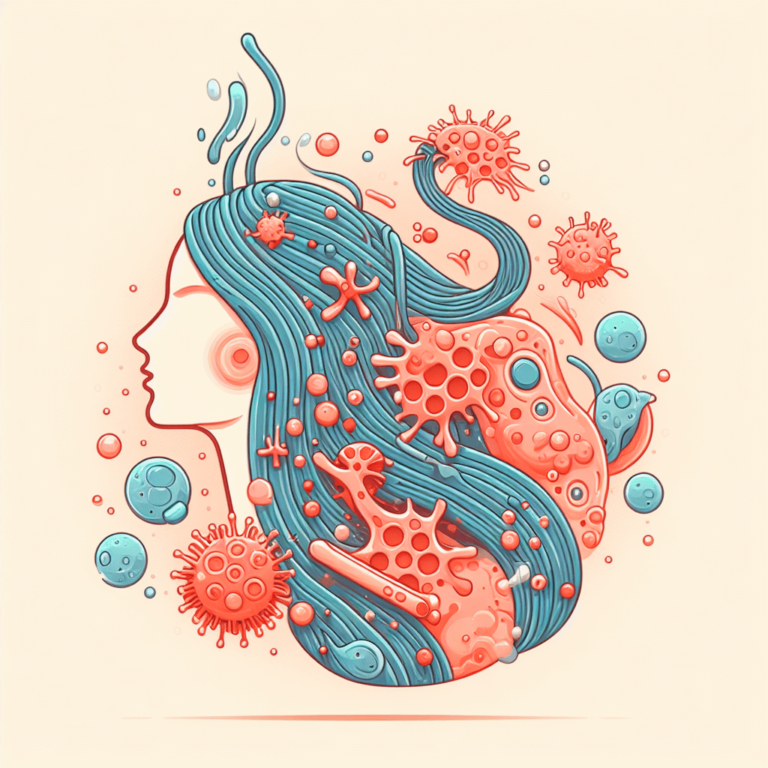Can A Clogged Pore be Cancer
Clogged pores, commonly known as comedones, are typically not cancerous. However, in rare cases, certain skin conditions or lesions that resemble clogged pores might be linked to skin cancer or other serious concerns.
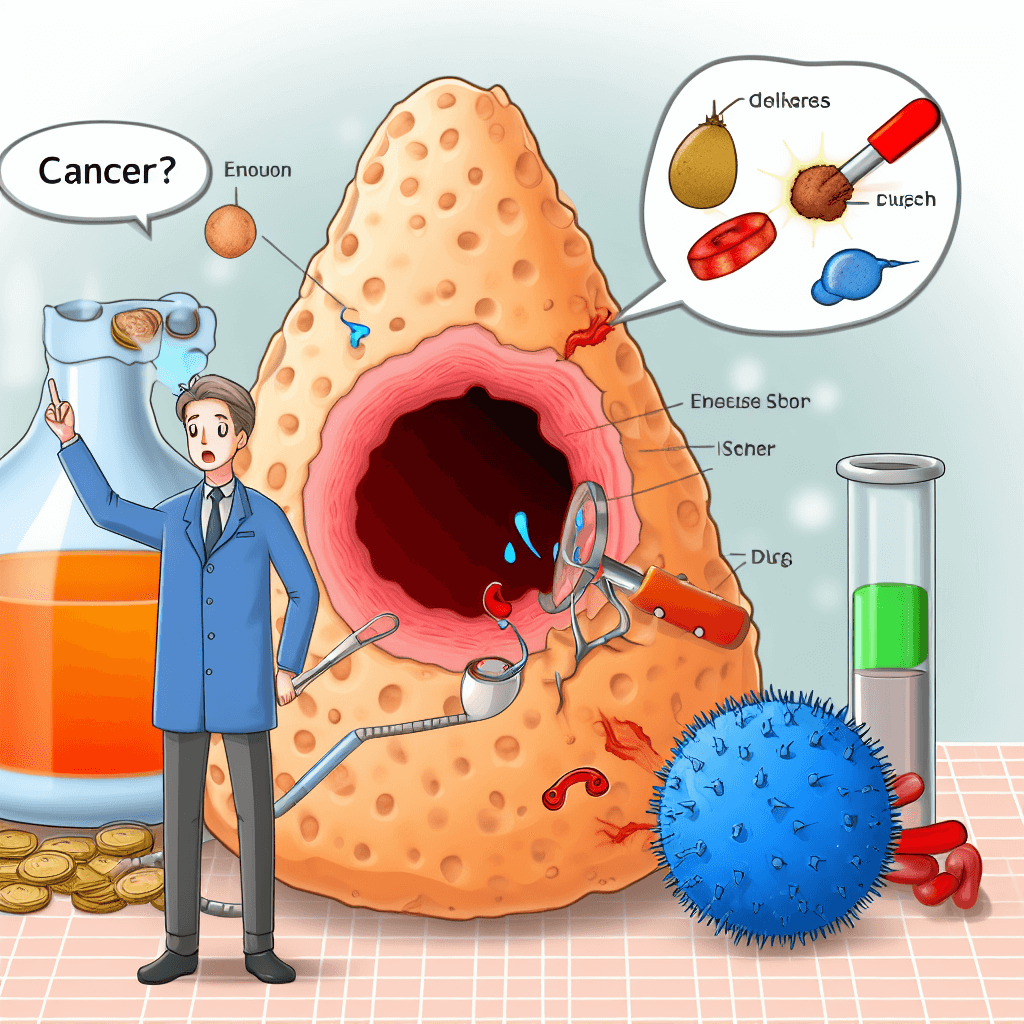
Distinguishing Factors:
- Appearance: Most clogged pores present as small bumps on the skin’s surface due to excess oil, dead skin cells, or debris blocking the follicle opening. They often appear as blackheads or whiteheads.
- Skin Cancer Lesions: Skin cancer lesions, like basal cell carcinoma or squamous cell carcinoma, may sometimes mimic the appearance of non-healing sores, bumps, or lesions on the skin. These can differ significantly from typical clogged pores in terms of size, color, and growth pattern.
Signs of Concern:
- Changes in Appearance: Any sudden changes in the size, color, or shape of a skin lesion, especially if it doesn’t resemble a typical clogged pore, should raise concern.
- Persistent Non-Healing Sores: Sores or bumps that don’t heal, grow rapidly, or exhibit irregularities should prompt evaluation by a dermatologist.
Seeking Medical Advice:
If there is uncertainty about a skin lesion or bump, or if it doesn’t respond to typical skincare treatments, consulting a dermatologist or healthcare professional is crucial for accurate diagnosis and appropriate treatment.
Prevention and Awareness:
Regular skin checks and good skincare habits can help detect changes early. Protecting the skin from excessive sun exposure and using proper sunscreen are essential preventative measures against skin cancer. You should also always check your skincare product ingredients using pore-clogging ingredients checker.
Final Thoughts:
While clogged pores are generally benign and common skin issues, any suspicious or unusual changes in skin appearance, especially those that do not resemble typical clogged pores, should be examined by a healthcare professional to rule out potentially serious conditions, including skin cancer.
